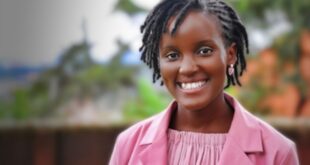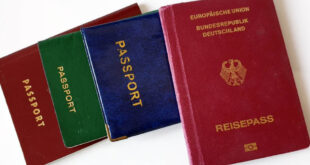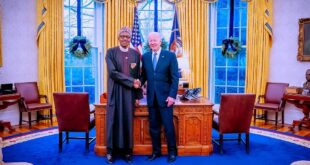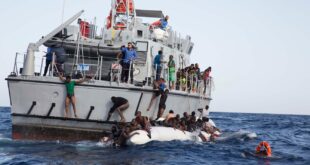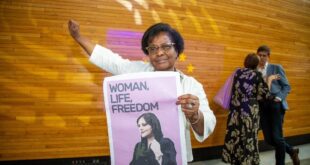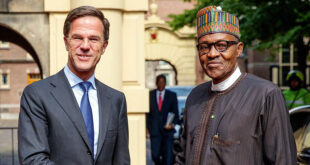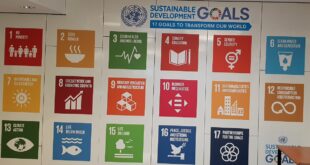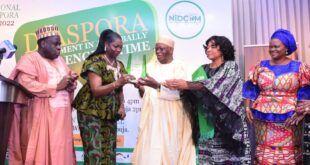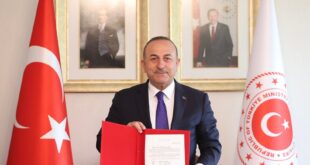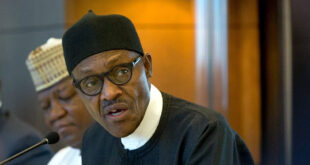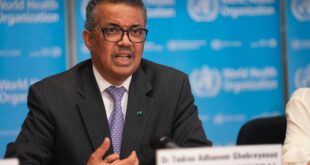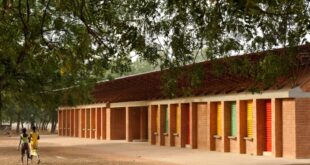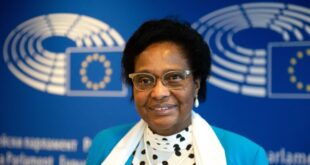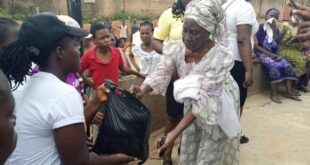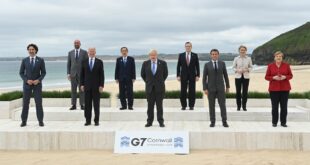A high-level conference hosted by the European Parliament on 22 November in Brussels has highlighted the need to improve EU-Africa relations, reports Andreas Rogal*.
Exactly a week before the start of the fifth EU-Africa summit – between the European Union and the African Union – in Abidjan, the European Parliament hosted a high-level conference on EU-Africa relations, ‘Towards a renewed partnership with Africa’.
Many participants of the upcoming summit, European as well as African, attended, confirming that this really is a crucial time in the history of the two continents’ relations, from EU foreign affairs chief Federica Mogherini to the President of the Central African Republic Faustin-Archange Touadéra. European Parliament President Antonio Tajani was able to welcome his African counterpart, Roger Nkodo Dang, the President of the Pan-African Parliament.
“Marshall Plan for Africa”
As Tajani made it clear in his opening statement, the balance sheet of relations shows up the need for plenty of improvement. “Ten years have passed since the EU-Africa strategy was adopted. In that time many hopes have been dashed. Europe has lacked the courage to develop truly effective instruments.”
He went on to call for a “Marshall Plan for Africa”, demanding that €40bn be earmarked in the next multi-annual budget of the EU – currently in preparation – for an investment fund for Africa. By contrast, the existing Investment Plan for Africa has a budget of €3.4bn.
With a population forecast for Africa to more than double and reach 2.5 billion by 2050, this is simply “not enough”, Tajani insisted.

Developing legal opportunities for migration
Few issues have highlighted the shortcomings and challenges ahead more drastically than the recent migration flows. A round table discussion chaired by MEP Sergei Stanishev, a Vice-Chair of European Parliament’s civil liberties committee, dealt specifically with the issue that has come to haunt European politics in more ways than most governments or citizens care for.
“In Europe, we often forget that migration is a phenomenon that we share with Africa and that we have to challenge together,” Stanishev remarked, drawing particular attention to the fact that the vast majority of migratory effects remains shouldered by Africa itself. Over 80 per cent – or 12 million people – who had to flee their homes are displaced within the continent. Overwhelmingly, migration remains “a necessity, not a choice”, he said.
The ensuing contributions proved, if any proof was needed, that migration is an immensely complex issue, covering everything from the efforts to address the root causes, to developing legal opportunities for migration respecting the needs of both Europe and Africa, and from the bleak reality of human trafficking to cooperation in border control as well as in the development of fair and just repatriation procedures.
Speaking for the European Commission’s DG migration and home affairs, its Deputy Director-General Simon Mordue underlined the urgent need for “credible legal pathways to the European Union”, creating “circular migration” – as opposed to a brain drain – which can contribute to the development of Africa and doesn’t just constitute “cherry-picking by some member states”.
Cynthia Samuel-Olonjuwon, ILO Regional Director for Africa, whose organisation’s pilot project on “fair economic migration” had already been praised by Mordue, insisted that the renewal of the Euro-African partnership ought not involve attempts at “reinventing the wheel”, as “the programmes are already in place”.
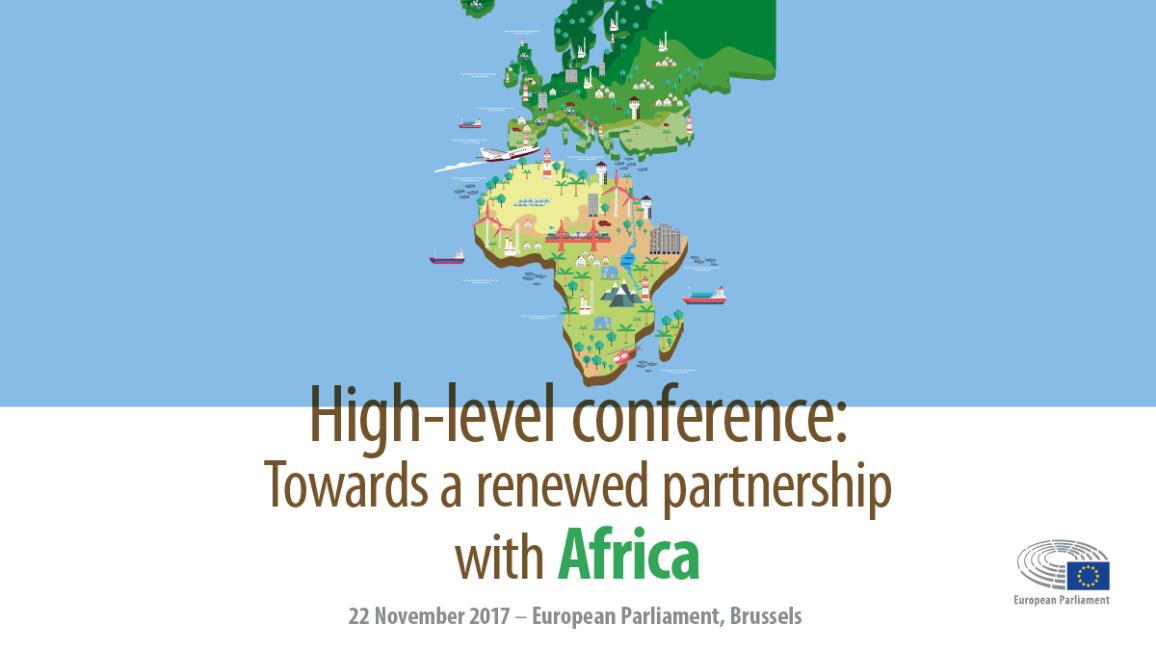
However, they can be improved upon and must be defended against the “growing securitisation” of the debate about migration, i.e. talking about it only in terms of Europe’s allegedly threatened security.
In a similar vein, the IOM’s Regional Director for the EU, EEA and NATO Eugenio Ambrosi found the increasingly “toxic debate in Europe” to be responsible for the difficulties in maintaining a “pro-development perspective”, and issued a call to “change the discourse” and to strengthen migration governance as laid out in the Valetta action plan signed by EU and African leaders two years ago.
“Only solution” to Africa’s demographic challenge
European digital economy and society Commissioner Mariya Gabriel’s head of cabinet, Lora Borissova, claimed that the “only solution” to the African demographical challenge – the expected doubling of its population in just over 20 years’ time – is to invest in the youth of Africa and in the empowerment of African women. She added that the digital industry is well placed to provide tools for this solution. “Already, Africa’s most populous country, Nigeria, is the world’s leader in mobile ePayment.”
Joseph Owana Kono, President of the Afruibana, a pan-African association of fruit producers and exporters, and co-Chair of the ACP-EU parliamentary assembly, shared his experience of how effectively a functioning agricultural infrastructure can serve to address root causes of economic migration.
Banana production, for example, Owana Kono explained, is an extremely labour-intensive business and can “keep people busy in their countries” rather than making them look for some “promised land” abroad. What makes it socially sustainable is the fact that 80 per cent of African banana production comes from small holdings, he added.
Back to the bleak reality of the big business that is human trafficking, EU anti-trafficking coordinator Myria Vassiliadou reminded the audience that the migration crisis has been exploited to a considerable degree by criminal networks involved in human trafficking, targeting the most vulnerable, in particular women and children.
“For every trafficker, there is also an abuser, a customer of forced sexual services or an illegal employer exploiting the victim”.
* The author, Andreas Rogal, is a Brussels-based freelance journalist
READ ALSO EU-Africa Summit 2017 holds in Abidjan
 THE AFRICAN COURIER. Reporting Africa and its Diaspora! The African Courier is an international magazine published in Germany to report on Africa and the Diaspora African experience. The first issue of the bimonthly magazine appeared on the newsstands on 15 February 1998. The African Courier is a communication forum for European-African political, economic and cultural exchanges, and a voice for Africa in Europe.
THE AFRICAN COURIER. Reporting Africa and its Diaspora! The African Courier is an international magazine published in Germany to report on Africa and the Diaspora African experience. The first issue of the bimonthly magazine appeared on the newsstands on 15 February 1998. The African Courier is a communication forum for European-African political, economic and cultural exchanges, and a voice for Africa in Europe.







